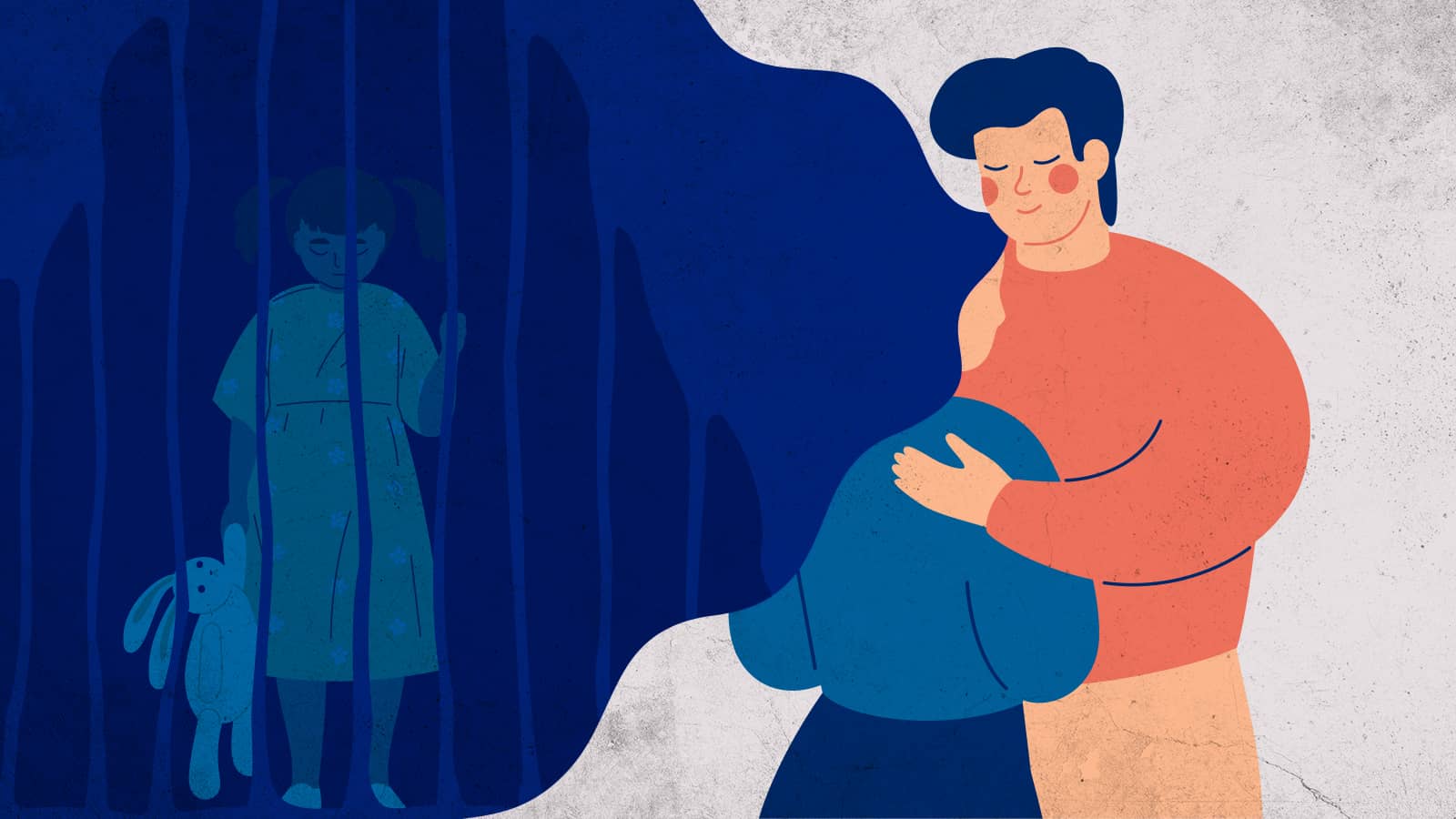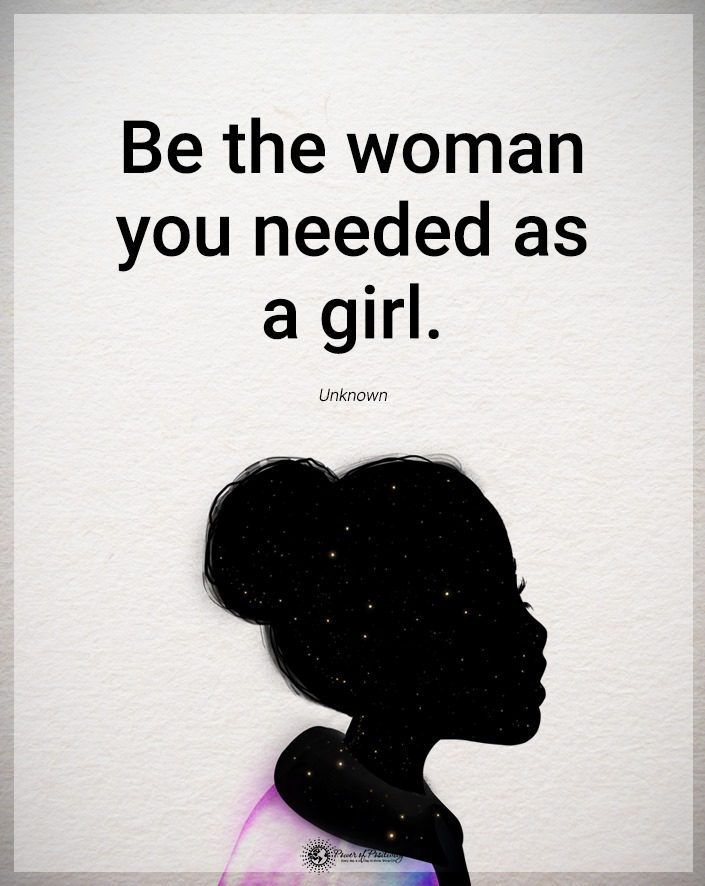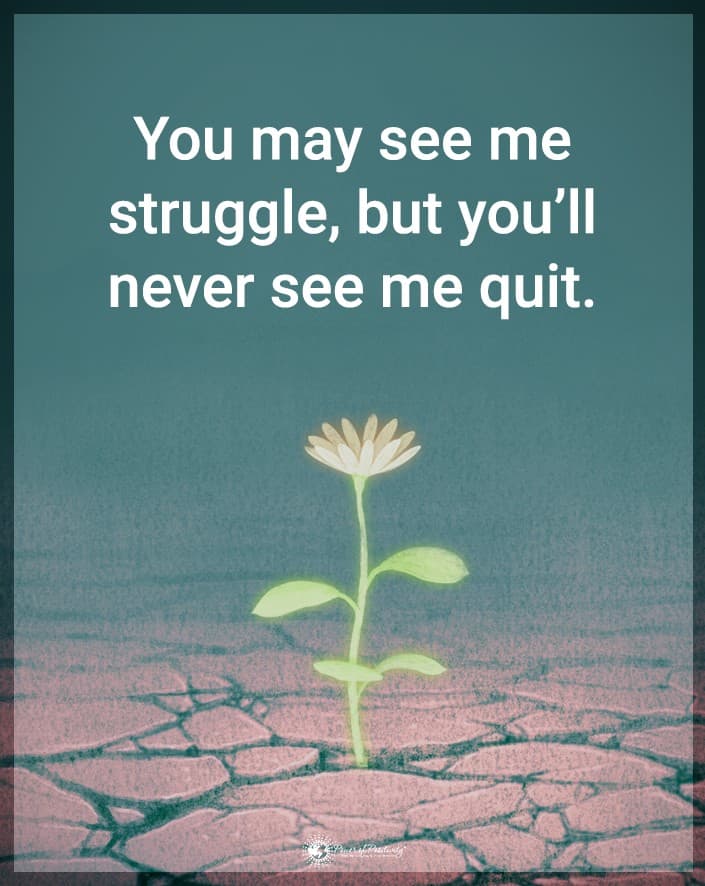Childhood trauma goes well behind the younger years. Many people are surprised when they still struggle after becoming an adult. It causes issues throughout the person’s life, impacting their adult relationships.
Childhood memories should involve innocence, joy, hope, optimism, and wonder. Children should feel secure, protected, and loved by their caregivers, allowing them to form solid relationships. However, many people don’t have this experience, and the effects don’t go away alone.
Trauma causes many effects beginning just after the experience and continuing for a long time. You might recognize some of the impacts discussed below as issues in your life or relationship, letting you know you aren’t alone. It’ll also help you learn how to address problems and overcome issues.
What Experts Say About the Effects of Childhood Trauma on Adult Relationships
Trauma hinders growth and development, impacting the person they become. Children who experience trauma or live in a dysfunctional home don’t understand how to behave in an adult relationship. They struggle to understand boundaries, potentially damaging the connection.
When a child grows up in a dysfunctional home, they learn inappropriate ways to interact with those around them. They watch their caregivers interact, so if the adults in their lives behave in unhealthy ways, the child will, too. Additionally, abandonment during child development drastically impacts the child’s emotional growth.
The way caregivers interact with the child and other adults shape a child’s view of the world. It affects their sense of self, interactions with others, and forming and maintaining adult relationships.
For a child to learn how to have healthy attachments, they must see their caregivers behaving appropriately. They also need a sense of love and security in their home to give them the confidence to grow. Children need a healthy relationship with their caregivers to receive the support they need to learn to behave.
Types of Childhood Trauma That Can Carry Into Adult Relationships
When a child experiences trauma, it interrupts their development and causes problems. However, dysfunctional households and parental abandonment aren’t the only traumatic experiences a child can go through. Other examples of trauma include the following:
- Physical abuse
- Sexual abuse
- Hospitalization or surgery as a child
- Intense bullying
- Natural disaster
- Witnessing domestic violence
- Neglect
How Childhood Trauma Impacts Adult Relationships
Childhood trauma permanently impacts a person, eventually affecting their adult relationships. It leads to unhealthy situations and many other issues that you must address.
Fear of Abandonment
Children abandoned by someone who should have cared for them struggle with fears of abandonment throughout their lives. When they enter an adult relationship, they might live with the fear of their partner leaving because they have difficulty trusting people. They often don’t even realize the issue, but you can recognize it with the following signs:
- Worrying whenever a partner goes somewhere without them
- Not being able to calm down when a partner walks away during an argument
- Jealousy or possessiveness
- Ignoring their needs or wants to please a partner
- Co-dependency
Getting Easily Annoyed or Irritable
Growing up in a home with constant criticism makes an adult easily annoyed or irritated with others. The critical comments can be directed at the child or other people, but they still affect adult relationships. They learn that lashing out when someone isn’t perfect is how to express their displeasure.
Additionally, it teaches the child that imperfections and unique qualities are unacceptable. The trauma survivor projects that idea onto those around them, becoming irritable in the slightest situation.
Need Frequent Alone Time Throughout Adult Relationships
Experiencing childhood trauma can lead to needing lots of time alone as an adult. This behavior often stems from a stressful or chaotic environment, causing a hypervigilant central nervous system.
In adulthood, the person might require this alone time to control anxiety and nervousness. They’ll often want to stay home because they can maintain the environment, feel safe, and relax. It impacts adult relationships because it’s hard to meet other people. Plus, they must find someone who doesn’t mind their preference for staying home and being alone.
Staying in Unhealthy Relationships
Childhood trauma can cause someone to settle and stay in an unhealthy relationship much longer than they should. If the child had a caregiver who struggled with addiction or mental illness, they might feel guilty for leaving relationships. They’ll feel they must fix the person rather than walk away when they see red flags.
Other times, a trauma survivor might stay in an unhealthy relationship out of fear of being alone. They’ll feel safer with a partner, even if that person isn’t good for them. They might also be so accustomed to relationship toxicity that they think it’s normal.
Additionally, the survivor might think they are unworthy of anything better, so they settle for people who aren’t good for them. Staying in an unhealthy relationship often results in constant arguing, fighting, or avoiding conflict entirely. Without the skills to navigate hardship productively, communication will likely be lacking.
Being Afraid to Commit
While some trauma survivors commit to relationships they shouldn’t, others are afraid to commit at all. They might worry that they are settling, or they might be fearful of relationships. This situation often occurs for those who have unreliable caregivers or experienced abandonment.
The trauma leaves the survivor being distrustful of anyone who says they care. They’ll assume everyone will hurt them eventually, so they avoid settling down as a way to play it safe. If they commit to a partner, they’ll likely experience trust issues because they learned not to trust anyone early on.
They Try to Change Others
Childhood trauma sometimes causes people to try and change the people in their lives. They might try to change things about their partner to calm personal fears in the relationship. Trauma survivors must fix others, even if they don’t need or want to change.
How to Heal from Childhood Trauma
Once you know how childhood trauma impacts adult relationships, you can take steps to undo the damage. If you or someone you know is in this situation, you must develop self-awareness to identify the behaviors. Otherwise, you’ll find that you continually repeat the same negative patterns.
Survivors of childhood abuse can overcome the damage caused by childhood trauma. While it might be harder to form healthy relationships, they can let go of the negative perceptions. Doing the work to unlearn the negative aspects of adult relationships is essential to growth.
Spend Time Self-Reflecting
Self-reflection is essential to growth and healing. During self-reflection, take some time to name the emotions you felt at the time of trauma and the ones you experience now. Then, allow yourself to feel the sensations and respond however needed. When you feel the emotions, you get them moving and let them go.
Get Professional Help
Therapy can help with the healing process, holding you accountable and helping you through the emotions. A therapist can help identify the specific feelings, allowing for acknowledgment and acceptance. They’ll help you work through your feelings and acknowledge what’s going on in your mind.
Journal to Reflect on Your Adult Relationships
Writing experiences on paper can help you reflect on the situation. Take the time to write all of the reoccurring traumatic thoughts you experience. Describe what happened, how you reacted, and how you view the situation now.
Write a Letter That You Never Send
If a person is responsible for the trauma, you can write them a letter you never send. Tell the person how they made you feel and what it did to your life in the letter. Say whatever you want in the letter, and express all your anger and other emotions.
When you get the words out, you’ll feel much better. After your letter is complete, you can destroy it or save it, but you don’t have to send it.
Find a Support Group
You don’t have to overcome childhood trauma alone. Many people experience it and strive to heal from the experiences. Find a support group of others who shared similar situations to gain insight.
Talking to others who went through it will help you remember you’re not alone. Plus, you can learn from one another throughout the journey.
Use Positive Affirmations
When trauma has left you with a diminished sense of self-worth that affects your adult relationships, affirmations can help. Positive affirmations can help you release negative thoughts and replace them with helpful ones. As you repeat the positive phrases, it rewires your brain and allows you to see the good in yourself and the world around you.
Final Thoughts on How Childhood Trauma Impacts Adult Relationships, According to Psychology
The effects of childhood trauma don’t disappear as a person reaches adulthood. Instead, it shows in different ways, including impacting adult relationships. While it might seem hard to overcome, you can make it happen.
As you process and heal from trauma, you’ll notice significant improvements in your life. Your relationships will thrive, and you’ll experience more meaning and fulfillment.





















